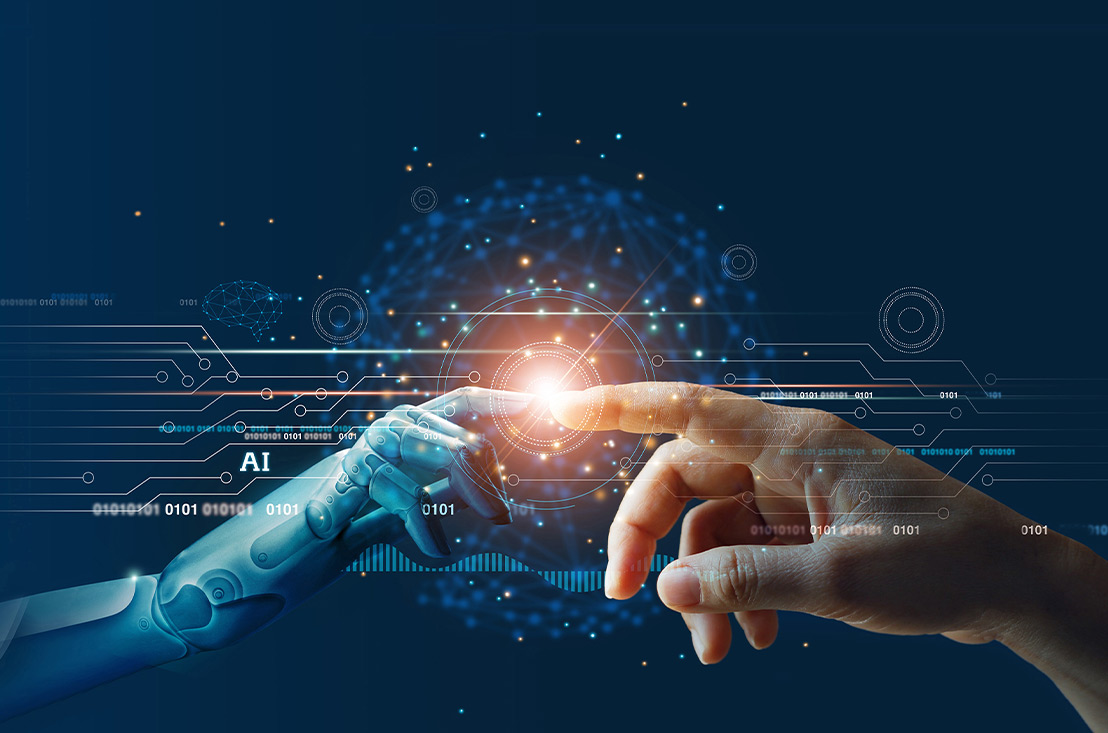Artificial Intelligence (AI) is revolutionizing the way businesses and individuals work, bringing efficiency, automation, and data-driven decision-making to new heights.
As AI continues to evolve, its impact on productivity is becoming increasingly evident across various industries. From streamlining workflows to reducing human errors, AI is reshaping modern work environments and enabling organizations to achieve more in less time.
How AI Enhances Productivity
- Automation of Repetitive Tasks AI-powered tools can take over repetitive and time-consuming tasks, allowing employees to focus on more strategic and creative responsibilities. Whether it’s data entry, scheduling, or customer support, AI significantly reduces manual workload.
- Data Analysis and Decision-Making AI processes large amounts of data faster than humans, providing actionable insights that help businesses make informed decisions. Predictive analytics, trend forecasting, and machine learning models enable companies to optimize operations and stay ahead of the competition.
- Improved Communication and Collaboration AI-driven chatbots and virtual assistants enhance internal and external communication by providing quick responses and assistance. AI-powered collaboration tools help teams work efficiently by automating scheduling, summarizing meetings, and managing workflows.
- Personalized Workflows and Recommendations AI adapts to individual work habits, offering personalized suggestions to improve efficiency. From intelligent email filters to AI-driven project management tools, these solutions help professionals stay organized and productive.
- Reduction in Human Errors AI minimizes errors in tasks that require precision, such as financial transactions, medical diagnoses, and data processing. This leads to better accuracy, cost savings, and improved overall performance.
Industries Benefiting from AI-Driven Productivity
- Healthcare: AI assists in diagnosing diseases, optimizing administrative tasks, and improving patient care.
- Finance: AI enhances fraud detection, automates trading, and provides smart financial insights.
- Retail: AI-driven inventory management, customer behavior analysis, and personalized recommendations improve sales and efficiency.
- Manufacturing: AI-powered robotics and predictive maintenance boost production efficiency and reduce downtime.
- Education: AI-driven tutoring and personalized learning experiences enhance the effectiveness of education.
Challenges and Considerations
While AI significantly improves productivity, challenges such as data privacy concerns, job displacement, and ethical considerations must be addressed. Organizations should implement AI responsibly, ensuring it complements human efforts rather than replacing them.
Conclusion
AI is transforming the way we work by making tasks more efficient, data-driven, and automated. As AI technology advances, businesses and individuals who embrace it will continue to experience significant productivity gains. By leveraging AI smartly, organizations can enhance efficiency, foster innovation, and achieve greater success in the digital age.

